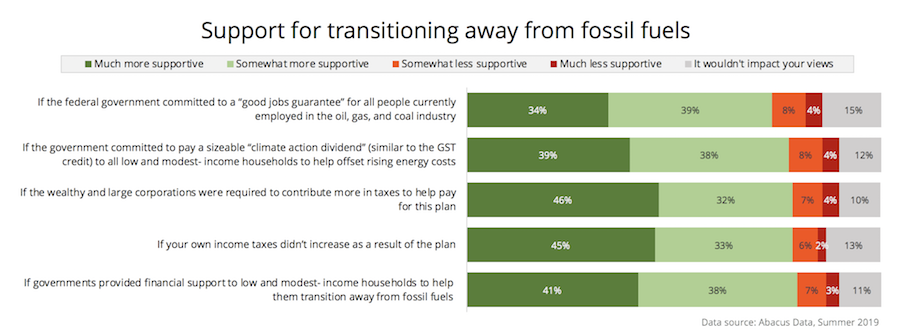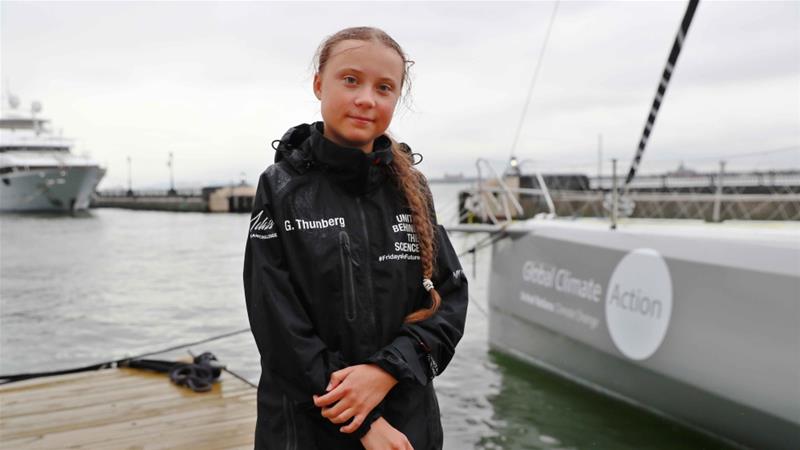The cry of the earth and the cry of the poor as a result of the changes in the climate of our planet has been documented in many texts since the release of Pope Francis encyclical “Laudato Si” in 2015.
 |
| "Understanding Laudato Si," Fr. Daniel P. Horan, OFM |
Fatima Syed writes “Pricing pollution won’t kill growth, World Bank report finds.” The report looked at economies representing about 20 per cent of global emissions, or 11 gigatons of carbon dioxide, and found carbon pricing was the “most flexible” and least-costly solution for cutting pollution, compared with other government approaches such as “requiring specific technologies” or “dictating when emissions need to be reduced.”
 |
| Plans to reduce GHG |
A debate over the relative merits of these approaches is currently playing out on the campaign trail in Canada.
The Trudeau Liberals are defending their nationwide carbon pricing regime, put in place April 1, while the Opposition Conservatives propose to instead rely on technological solutions — their platform calls for requiring polluters to invest in clean technology.1
Stephanie Wood reports that climate change is the number 1 concern for Canadians. And 77 per cent of respondents to the poll said they either strongly or partially agreed with the statement “The world is facing a climate emergency and unless greenhouse gas emissions fall dramatically in the next few years global warming will become extremely dangerous.”
 |
| More frequent... more violent |
Climate change has been central to the 2019 election, as the Liberals defend their environmental record after face criticism from environmentalists for purchasing the Trans Mountain pipeline. The Green Party has been polling higher than past elections, sitting at 9.5 per cent according to CBC at the time of publication. And Elections Canada caused an upset in August by saying climate change may be a partisan issue since Maxime Bernier has expressed doubt about its existence, and called on charities to register as third parties if they want to publish paid ads about whether climate change is real.
Just over half of the Canadians polled also said they would be more likely to vote for a political party or candidate who promised to cut the country’s overall greenhouse gas emissions by 2050. As well, 43 per cent said they strongly felt politicians put the interests of big oil companies before communities.2
Activist priest John Dear tours with new book on resisting climate change. Dear stressed what Christians and everyone else can and must do to resist the Earth's doomsday scenario. "I think the only way change happens is bottom-up, people-powered, grassroots movements of creative nonviolence in the tradition of Gandhi and King, which, by the way, goes back to Jesus, who was a movement builder and organizer," he told NCR after his speech.
In both his book and talk, Dear outlined a list of "rules for living in solidarity with Mother Earth." The first speaks of our need to grieve and to be joyous.
"We need to take quiet time and sit in the beauty of creation in the presence of the Creator and grieve," he writes in his book. "We grieve for our sisters and brothers, for the death and extinction of billions of creatures, and for Mother Earth herself. The more we take formal time to quietly grieve for suffering humanity and suffering creation, the more nonviolent and compassionate we become."
Other "rules" include practicing meditation, prayer, mindfulness and nonviolent communication, cultivating fearlessness, taking public action for climate justice, and teaching nonviolence, particularly to priests and ministers.3
The example of the youth of the planet, particularly the message of Greta Thunberg, is a call for immediate political action to effectively address the climate emergency.
References







